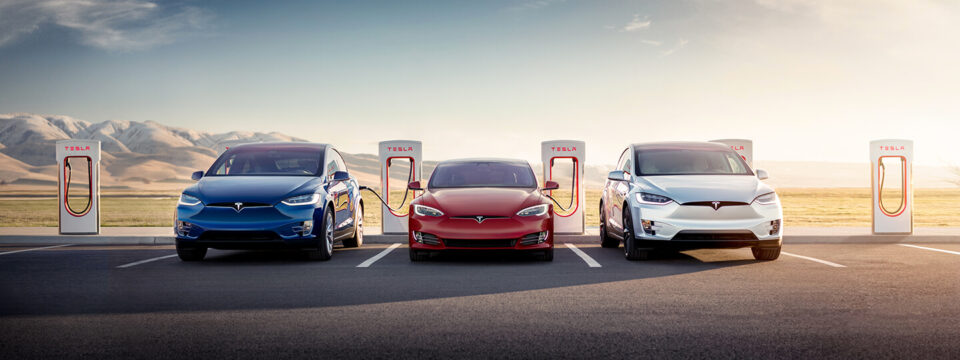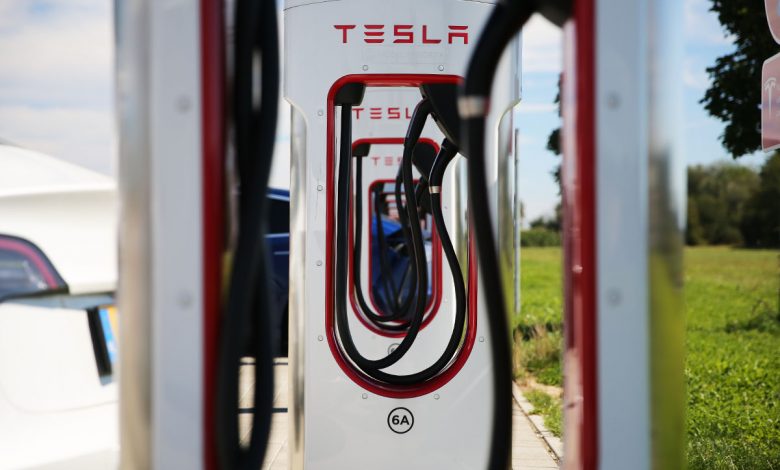If Germany’s transport minister has his way, Tesla will soon be sharing its popular network of Superchargers with other electric vehicle brands in the country.
The minister, Andrew Scheuer, told German tabloid Neue Osnabruecker Zeitung that talks are in advanced stage and technical issues that could be a barrier are being discussed. He is optimistic that they would be able to work something out.
Scheuer’s goal is to make it easy for consumers to access as many charging stations as possible, instead of being limited by brand. That will come with conveniences such as a unified payment system that could be used through a smartphone.

“I am in direct talks with carmakers such as Tesla to make sure the existing infrastructure, for example Tesla’s Superchargers, will be open to other manufacturers,” he said. “There are a few technical issues to be cleared up, but I expect we will come to a resolution. The aim is the barrier-free use of the charging stations of all providers for all e-cars, and that with a uniform payment system, ideally via smartphone. Then you can relax and get a real or vegan currywurst while the charging process is in progress, and off you go.”

This would accelerate the rate of adoption of electric vehicles, which the government is keen on making to happen. It would further its push for a zero carbon emission state and compliment other efforts such as incentives for potential electric vehicle buyers and supports for companies manufacturing batteries, which Tesla is set to benefit from.
Tesla is currently constructing a factory near Berlin and is expected to come online later in the year or early next year. Currently, there are more than 1,000 charging points bearing Tesla’s brand in the country, out of a total of about 40,000. All over the world, Tesla maintains over 25000 charging points in more than 2700 stations.
It is easier for Tesla to share its charger in Europe where it uses the CCS standard, rather than its own proprietary standard like it does in the US.